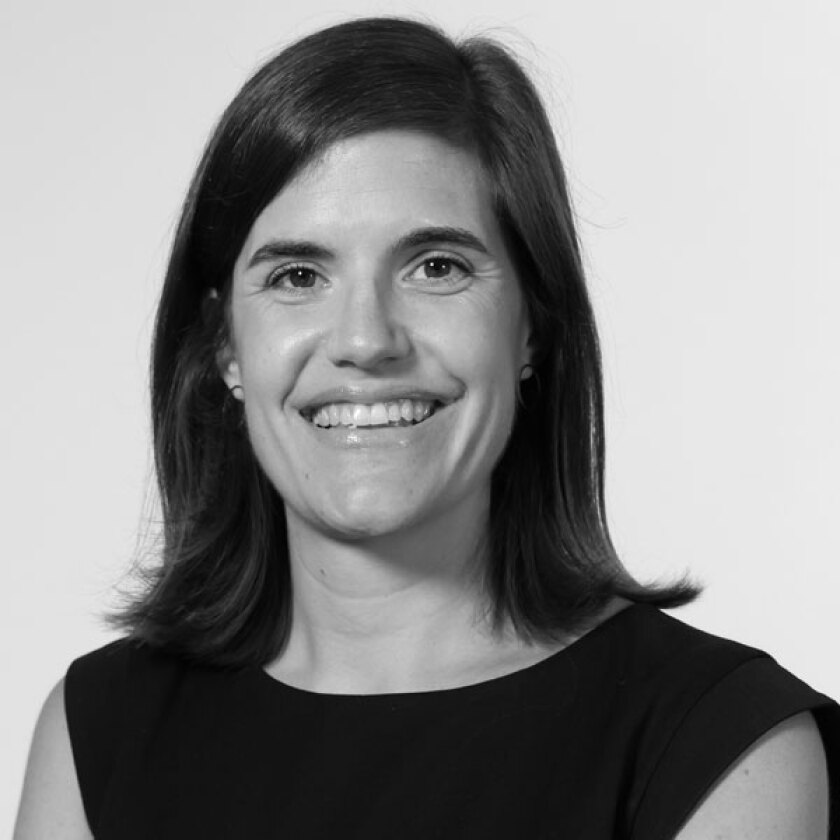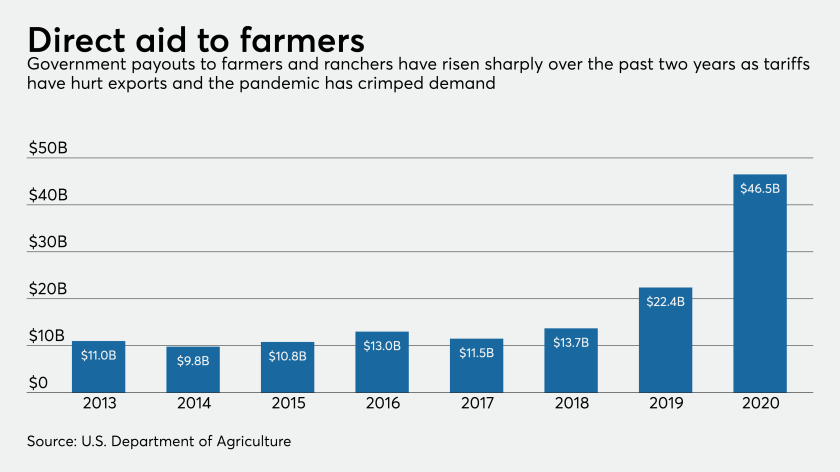More than 100 advisory practices with $57 billion in assets under management under the private equity-backed RIA consolidator are deploying existing technology in new ways as the coronavirus rules out face-to-face meetings, according to Salameh. She joined Chicago-based Hightower last year after tenures with Private Advisor Group and TD Ameritrade.
The Internal Revenue Service is extending until June 30, 2021 the period in which it will accept digitally signed and emailed documents due to the COVID-19 pandemic.
EAPs, yoga and meditation classes and access to free therapy are all ways to help your employees combat stress and anxiety from the on-going pandemic.
The Biden administration could curtail federal support for farmers, even with bankruptcies and requests for loan workouts on the rise. Banks are hoping that increases in crop prices and exports to China could help avert a credit crisis.
In an interview with Senior Editor Tobias Salinger, Salameh explains the increasingly crowded marketplace for RIAs and why the pandemic doesn’t necessarily mean M&A deal volume will decline significantly. She also sheds light on how advisors are helping clients adjust to staying at home.
Advisors are sending clients puzzles and board games as one of several ways to engage around non-financial topics or, as the title of one planner’s webinar puts it, “How to keep your sanity during the coronavirus,” Salameh says. Video messages are also a substitute for in-person interactions.
Hightower assists advisors through the challenging time with services like automated marketing and online chats. Salameh’s team is also teaching them how to use Zoom and Webex Teams for webinars.

“And then we have some advisors who have really embraced doing prospect webinars, where they’re sharing in social media and inviting others to join them for almost open office hours to ask questions around things that are pertinent to them during this pandemic,” she says. “It’s really been an embracing of technology that was always available to them but they may not have used it in light of the fact that they were meeting person-to-person prior to these two months, which feels like two years for many of us.”






